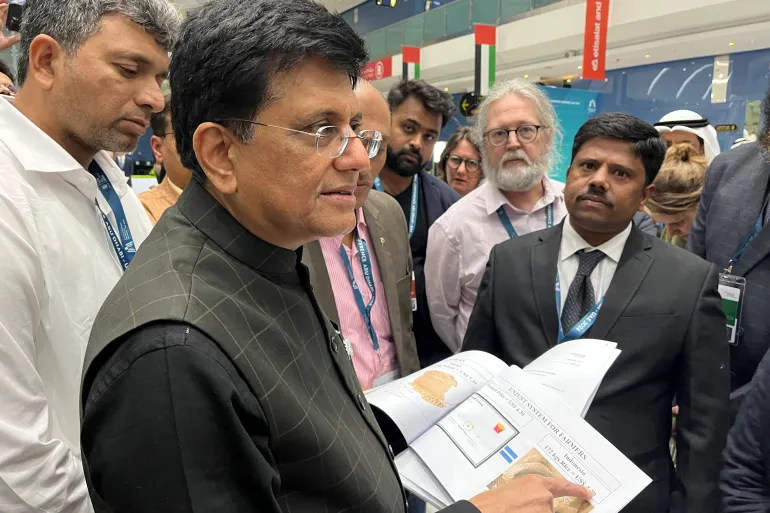In a significant stride towards bolstering its global economic presence. India has inked a monumental India signs $100bn free trade deal with the European Free Trade Association (EFTA). A bloc comprising Switzerland, Norway, Iceland, and Liechtenstein. This landmark agreement not only marks a new era in India’s trade relations. But also underscores the growing importance of strategic economic partnerships in today’s interconnected world. Let’s delve into the details of this agreement, its potential impact, and the broader implications for global trade dynamics.
A Strategic Economic Leap
Initially, the signing of the free trade agreement (FTA) between India and the EFTA bloc represents a strategic economic leap. Aimed at enhancing bilateral trade and investment flows. By reducing tariffs and simplifying customs procedures. The FTA is poised to open up new avenues for businesses on both sides, fostering growth and innovation. Moreover, this agreement is a testament to India’s proactive approach to engaging with key global partners. Reinforcing its position as a major player in the international trade arena.
Unlocking New Opportunities
Furthermore, the $100 billion deal is expected to unlock a plethora of opportunities. That are for industries and sectors across India and the EFTA countries. From technology and pharmaceuticals to textiles and agriculture. The FTA paves the way for increased market access, collaboration, and technological exchange. Additionally, the agreement includes provisions for protecting intellectual property rights and promoting sustainable development. Ensuring that economic growth is both inclusive and responsible.
The Impact on Businesses and Consumers
Moreover, the FTA between India and the EFTA bloc is set to have a profound impact on businesses and consumers. For businesses, the reduction in trade barriers will enhance competitiveness and facilitate entry into new markets. Consumers, on the other hand, stand to benefit from a wider range of products and services at competitive prices. This mutual economic enrichment underscores the value of free trade agreements in creating win-win scenarios for all parties involved.
Strengthening Global Trade Networks
Additionally, India’s free trade deal with the EFTA bloc holds significant implications for global trade networks. It exemplifies the shift towards regional and bilateral trade agreements. As countries seek to diversify their economic partnerships and reduce dependency on single markets. Furthermore, this agreement could serve as a catalyst for other nations to explore similar arrangements. Potentially leading to a more integrated and resilient global trade system.
Navigating the Path Forward
Importantly, as India and the EFTA countries embark on this new chapter of economic cooperation. The focus will be on effectively implementing the agreement and maximizing its benefits. This will require continuous dialogue, monitoring, and adjustments to address any challenges that arise. Moreover, the success of this FTA could inspire further negotiations with other potential partners. Contributing to a more interconnected and prosperous global economy.
In conclusion, India’s $100 billion free trade agreement with the European EFTA bloc is a milestone achievement. With far-reaching implications for trade, economic growth, and international relations. As both India and the EFTA countries harness the potential of this partnership. The global trade landscape is set to witness a new era of collaboration and prosperity. Driven by shared goals and mutual benefits.
Read more Articles here. Read previous article here.
